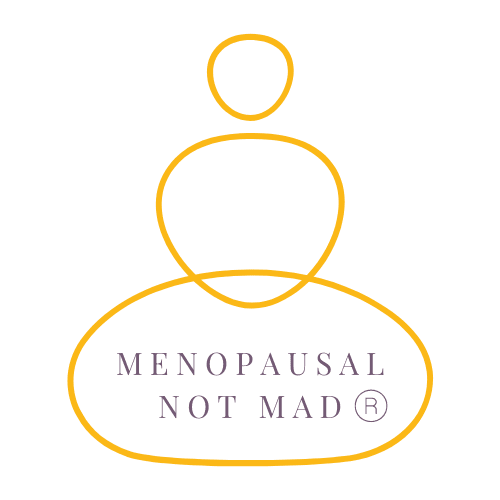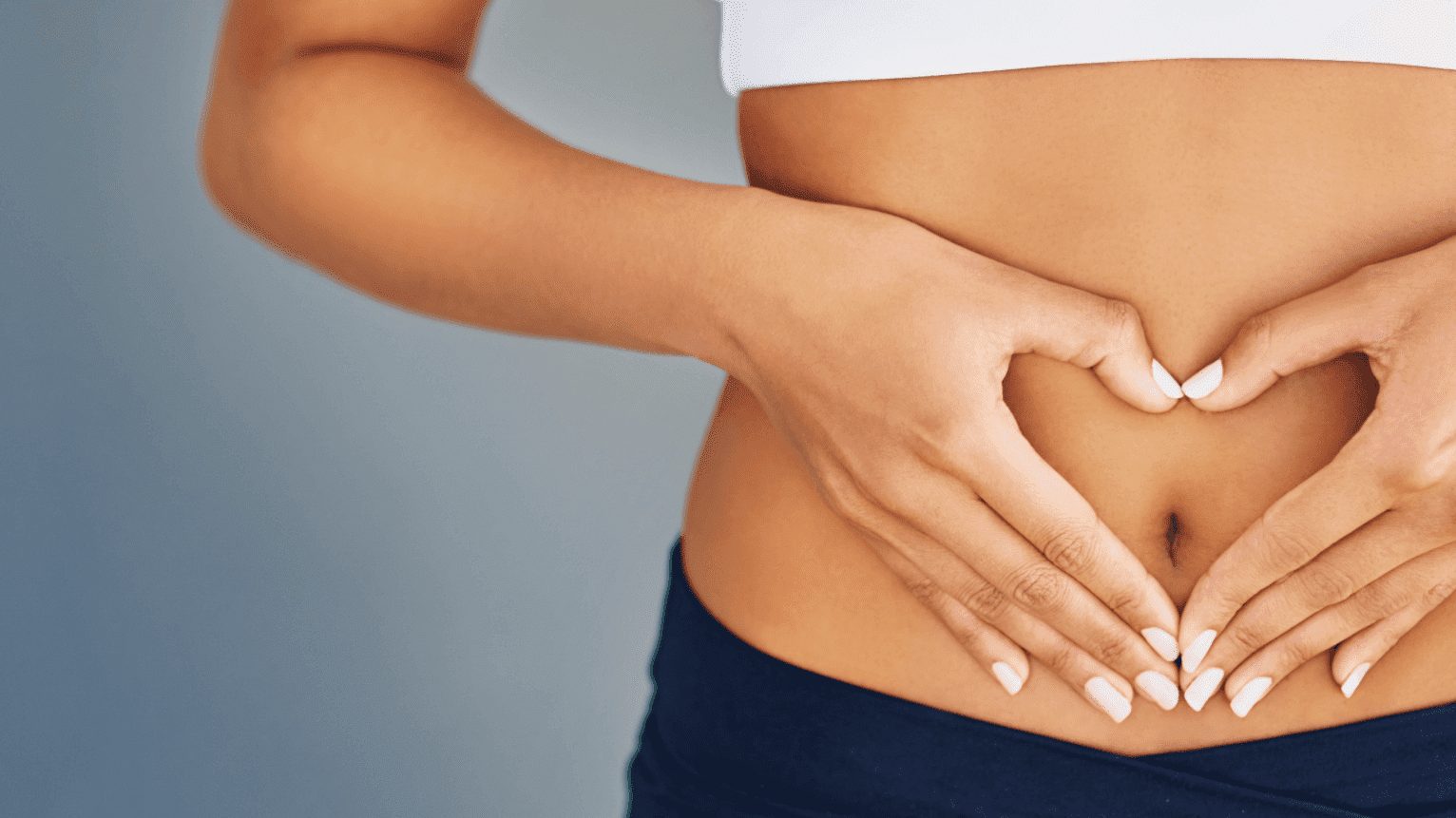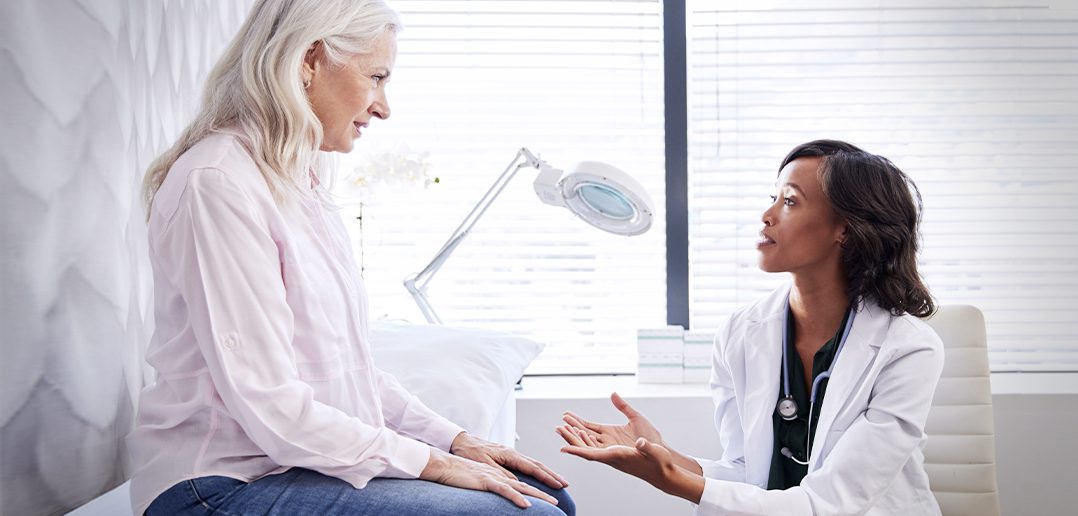Operation Time!
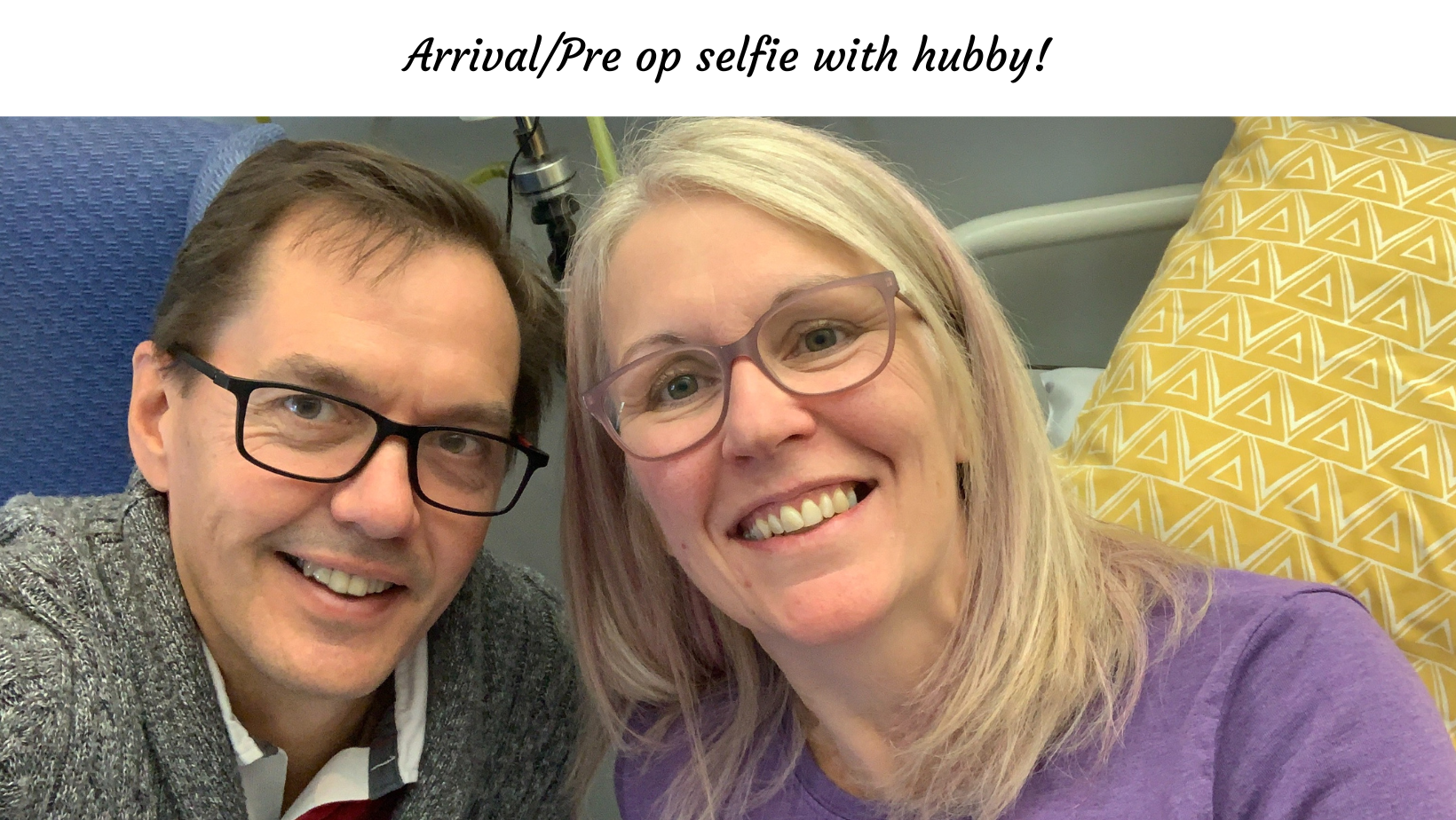
Welcome to the part of my blog that you really want to read! … The Operation Bit!
Little pre warning that within this and the next blog entry, I may go into some detail about my personal experiences which you may not want to read so please proceed with caution. I have however only shared the photo of my uterus within the private facebook group so don’t panic that you’ll come across this further down! (What do you mean why do I have a photo of it?! That’s normal right?!)
If you’ve ended up reading this blog before reading Parts One, Two and Three then you have no idea what I’m talking about so feel free to hop over to the first blog HERE
You’ll soon see that my random brain doesn’t have a strategy so I tend to blog as if were having a chat with you over a cuppa, rather than those amazingly slick blogs you may be used to (lol). I am also writing this 3 weeks after the event with no notes of course! so you’re reading the random ramblings of a post op woman!
If that works for you then pop the kettle on, pull up a chair and let’s chat operations, uteruses and bowels.
All my comments and experiences are exactly that! My Individual Experiences;
so they are not going to apply to everyone.
(Any operation is going to affect an individual slightly differently so my comments are not meant to confirm or deny risks or reactions)
Preparing for the Operation
Here’s a short video I posted in the private Facebook Group a couple of days before my operation.
I feel it’s a useful place to start.
The Day of the Operation
Although I arrived at the hospital for 10am, I actually ended up having to wait until around 5.30pm for my operation.
This timing was 2 hours later than planned so I was pretty dehydrated by then; not having had anything to drink since 7am that day.
Note:
Worth checking on timings as the day progresses. My anaesthetist told me, just before I was put under anaesthetic, that I could have had some water during the day but as I then told him I was feeling dehydrated he very kindly upped my fluids during the operation to help me out.
So.. back to my pre op activities..
Bearing in mind that this was a bowel prolapse fix as well as a hysterectomy, you will not be surprised to read that my bowel was running scared at this point! Bless it!
I probably pooped the majority of my innards out that day but I consider this a very selfless service for my surgeon as he had not asked me to do any bowel ‘prep’ beforehand so me pooping on the operating table was a strong possibility!
We had a 3 hour drive to the hospital that day but luckily my husband is used to having to stop at every toilet on the way anywhere so no change there. The joys of bowel issues! (If you’re reading this as a fellow bowel prolapse sufferer.. then you know)
On arrival, I had bloods and blood pressure taken as part of my pre-op assessment. I had asked to have this done on the same day (as we were not local), to avoid travelling twice but you would usually be expected to visit the hospital a few days before your operation, so it’s worth factoring this into your plans.
So after arriving there was a lot of waiting around. I told hubby to go home as it was a long drive but this also meant I could focus on the job in hand. I find that focusing on the task in front of me is very calming.
As a side note: I obviously packed way too much stuff but I can recommend the following essentials:
Nice pyjamas for when you’re ready to get changed after surgery (makes you feel more human)
A film or two on your ipad in case the t.v is rubbish!
Books were a waste of time for me as I couldn’t concentrate, but you may enjoy a good book
Lip balm (surgery is very drying)
Sanitary protection in case they don’t provide for you
Water only wet wipes for post surgery hygiene (you may not feel like a shower)
Loose clothes to return home in (especially if you have had an abdominal incision)
Usual toiletries to make you smell and feel good.
Some peppermint sweeties in case you feel windy (they will likely fill your abdomen with air during the op)
Relaxation Tip:
I use a very lovely sleep app (there are lots around). This one is called Loona and it satisfies my love of colouring in (don’t judge me!) and of relaxing music. It was very reassuring when I didn’t feel great.
Just Before The Operation
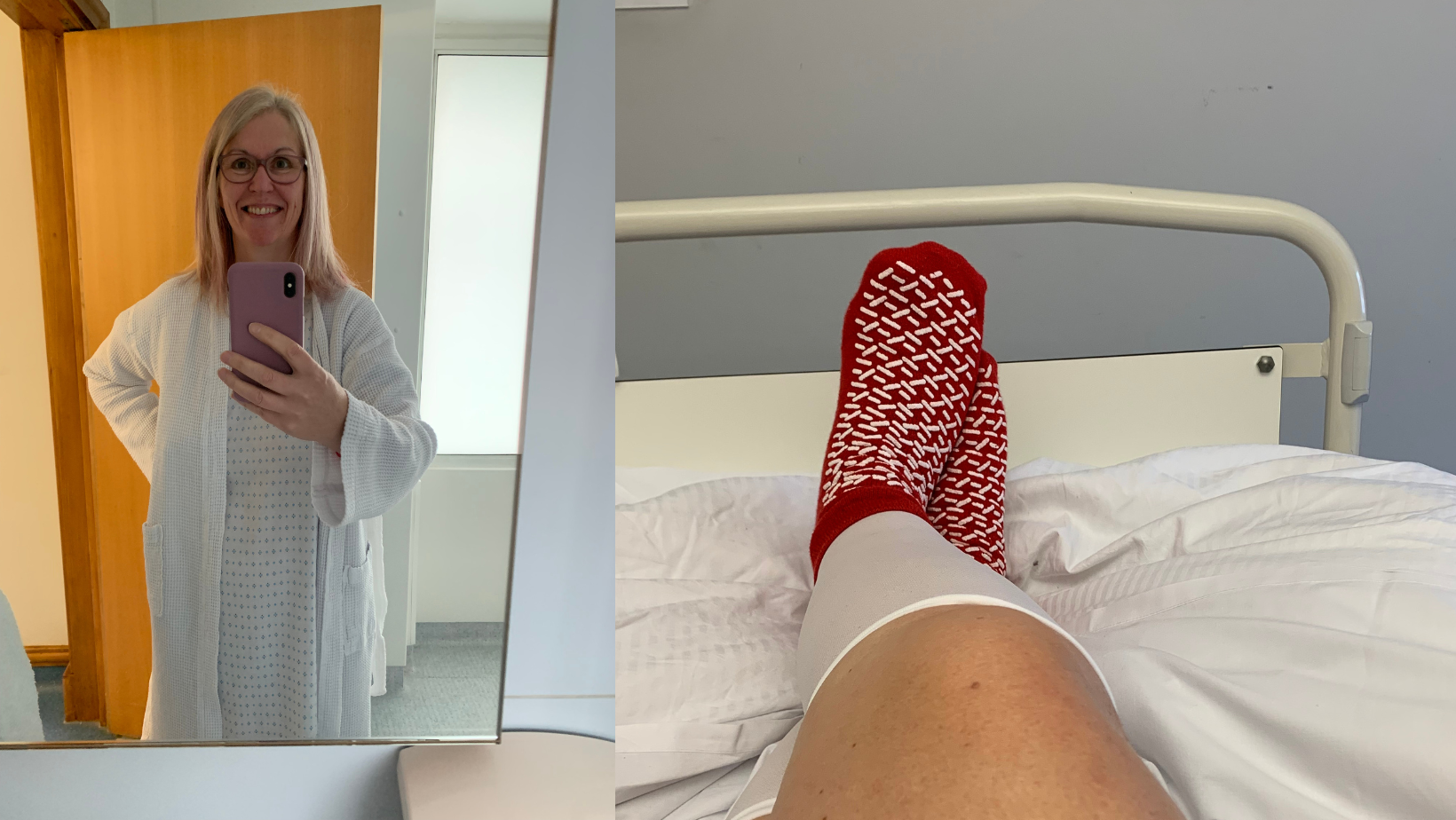
About an hour before the op, I changed into my delicious hospital gown and paper knickers (ugh), which are only slightly better than being totally naked from the rear view!
Have you ever seen anyone so happy to be operated on?! (even the sexy surgical stockings and slipper socks didn’t dampen my joy)
It’s important to ask for help the first time you need to put on the ever attractive surgical stockings. These are pretty tight (for good reason) and it takes time to learn what process works for you but they need to be on to help prevent blood clots post surgery so you may as well make friends with them.
So.. the socks, paper pants and revealing gown are on! Off we toddle to the operating area.
As I arrive, I say a fond ‘Hi’ to my surgeon and remind him I need a photo of all the removed gynae bits and bobs. “It is an unusual request” he says but he’s happy to go with it (if only to shut me up!)
Entering the small but very welcoming anaesthetist’s room, I have another chat with the anaesthetist whom I already know as we have spoken and met a few times (good to have that initial connection if you do have the opportunity).
Feeling quite relaxed actually and just happy to get going.
I ask the nursing team to please make sure I am given my glasses as soon as I wake up, otherwise I am very limited in my ability to focus on anything! All agreed and everyone is happy.
Whilst chatting about my role as an HRT educator (reminding the team to leave my HRT patches alone!), the lines have been put into my hand and the anaesthetist is asking me what my favourite alcoholic drink is.
“Red wine” I reply
“Ok then.. this will feel like 3 red wines so enjoy”
He was right… and I did.
I was told to breath deeply through the mask on my mouth and nose and the next thing I knew, I was waking up in recovery!
In Recovery
If you’ve ever had a general anaesthetic, you will know how the waking up process feels.
I have previously had 2 operations (a sterilisation operation and removal of wisdom teeth many years ago) so it was no surprise really.
That initial second on waking was a realisation of where I was of course, followed by a brief attempt to remove the endotracheal tube from my throat. This was quickly removed and I was hardly aware of the process.
It’s important they leave it in until they are sure you are awake and no longer need breathing support.
My main memory of this particular experience was the odd smell (not a hospital smell but still clinical) and the huge amount of activity around me with nurses and doctors all carrying out their role in my care. It’s impressive!
I remember having my glasses put on even though my eyes were closed and the nurse very sweetly saying “what pretty glasses” (Important positivity when you need it)
There was no pain and only slight nausea. I managed to look at the clock so could see that the operation had taken longer than expected (2 hours) which told me that maybe things didn’t quite go to plan.
Back in My Room
My husband was in the room waiting for me and when I was wheeled in he thought I was still unconscious.
I was aware of what was going on but was really sleepy! After a few minutes, he tells me that he saw a little hand peep over the top of the bed safety bars for him to hold.
I now know I had quite low blood pressure so all that night I was monitored and woken up to be checked.
I knew that being dehydrated also lowers blood pressure but I kept falling asleep every time I went to have a drink so I was pretty useless at managing that!
When hubby left that night, I was hooked up to:
Pain killers
Fluids
A blood pressure machine
A catheter
and both legs had inflating cuffs on them to periodically squeeze my lower legs (like a blood pressure cuff) to further help stop blood clotting (actually quite soothing)
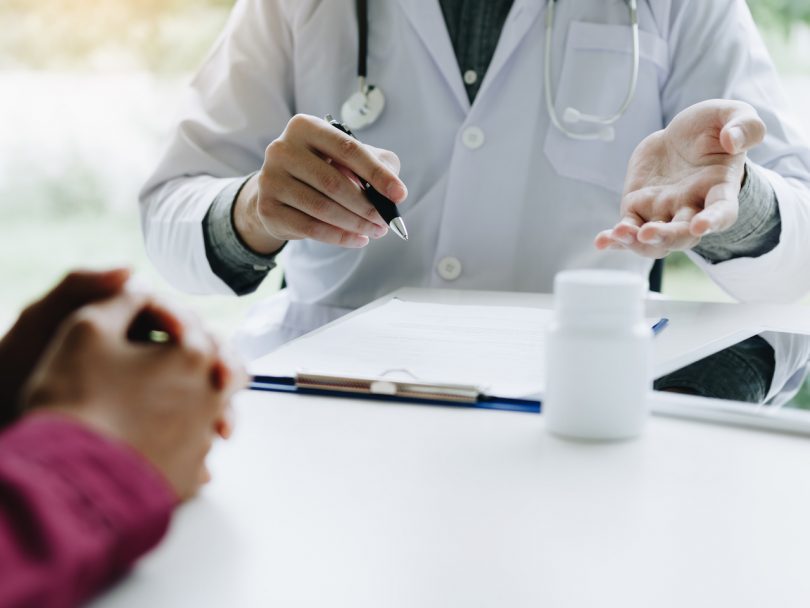
I have added below, a very useful article from the Royal College of Gynaecologists, which clearly outlines the process of recovery from my surgery.
Click HERE to access the document.
You can view Parts 1, 2 & 3 of this blog HERE
Jane Pangbourne is Founder of Menopausal Not Mad and dedicates her time to HRT research & education.
